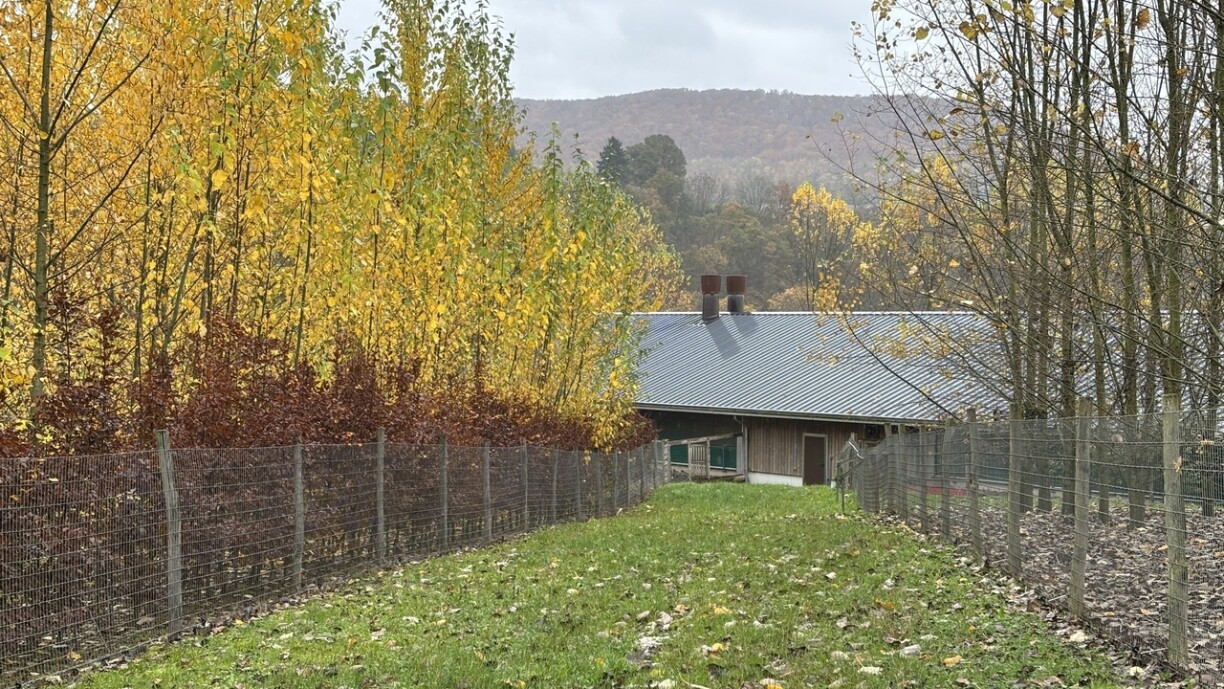
Since early October, avian influenza has been spreading rapidly across Europe, with over 300 confirmed cases of the “Avian Influenza A” virus reported in 20 countries. This year’s outbreak has proved more severe than expected, and in Luxembourg, the virus has been detected among wild birds.
At farms such as Meyrishaff near Bastendorf, free-range chickens have been confined indoors to prevent infection. Farmer Bob Kaes explained that while avian flu is something poultry keepers face almost every year, this season is particularly difficult because of how contagious the virus has become, significantly increasing the risk for flocks.
To prevent contamination, contact between humans and animals has been limited to the strict minimum. Workers must change clothes and disinfect boots each time they enter the enclosures. Kaes noted that while these precautions are essential, they cause stress for the chickens, which are used to spending their days outdoors scratching and pecking. To help them adapt, he said, the team provides grain scatterings and enrichment tools such as pecking blocks, though keeping large groups entertained indoors remains a challenge.
Health experts warn that the situation may worsen before it improves. The unusually mild temperatures mean the main migratory bird season is still approaching, potentially bringing new infections. According to Dr Caroline Merten, Deputy Director of the Luxembourg Veterinary and Food Administration (ALVA), no domestic poultry have tested positive so far, but twelve wild greylag geese and one heron have been found infected in Luxembourg.
The public is advised not to touch sick or dead birds and to notify the Nature and Forest Agency or the national veterinary laboratory if they find any.
While the virus can, in rare cases, spread to humans, Dr Merten emphasised that the risk for the general population remains extremely low, as confirmed by the European Centre for Disease Prevention and Control. However, she added that the risk is moderately higher for people who work closely with poultry. Farmers are therefore encouraged to get the seasonal flu vaccine as a precaution, she said.
Currently, no vaccine exists for birds, but consumers can safely eat eggs and poultry as long as they are properly cooked.